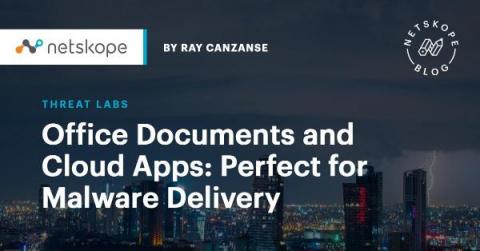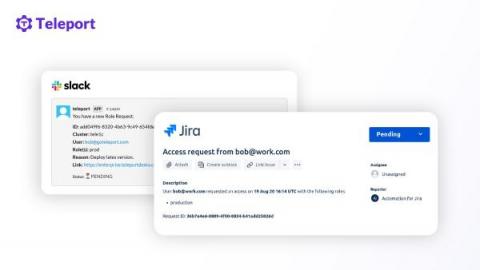Office Documents and Cloud Apps: Perfect for Malware Delivery
Microsoft Word, Excel, PowerPoint, and other Office document formats are popular among attackers, who abuse them to infect their victims with ransomware, infostealers, backdoors, and other malware. In this article, we look at the anatomy of a recent Office document attack from the victim’s perspective, highlight the most common types of Office document attacks seen today, and suggest strategies to reduce your risk of becoming the latest victim.











